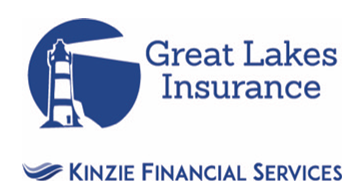Medicare Choices
At Great Lakes Insurance, we make Medicare easy. Dennis will work personally with you to make sure that you are educated about the choices that you make.
Before choosing a plan we want to be sure you know the difference between your many options; In particular how Medicare Supplement Insurance Plans and Medicare Advantage Plans differ. Many people sign up for Medicare Advantage Plans thinking they are Medicare Supplement Insurance Plans, they are not.
MEDICARE SUPPLEMENT PLANS
MEDICARE ADVANTAGE PLANS
MEDICARE RX DRUG PLANS
Parts of Medicare



